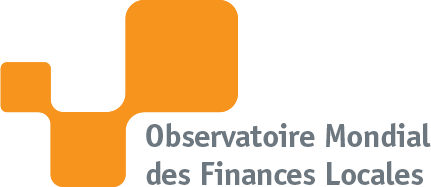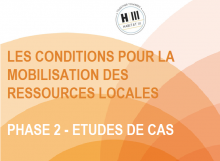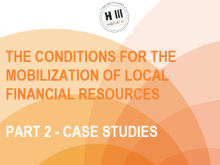The Political Economy of Decentralization in Sub-Saharan Africa
Soumis par Nathalie le lun, 11/23/2015 - 19:44This publication from 2011 is part of a series of studies in joint-collaboration between the French Development Agency and the World Bank, dedicated to the main social and economic challenges of development in Africa.















